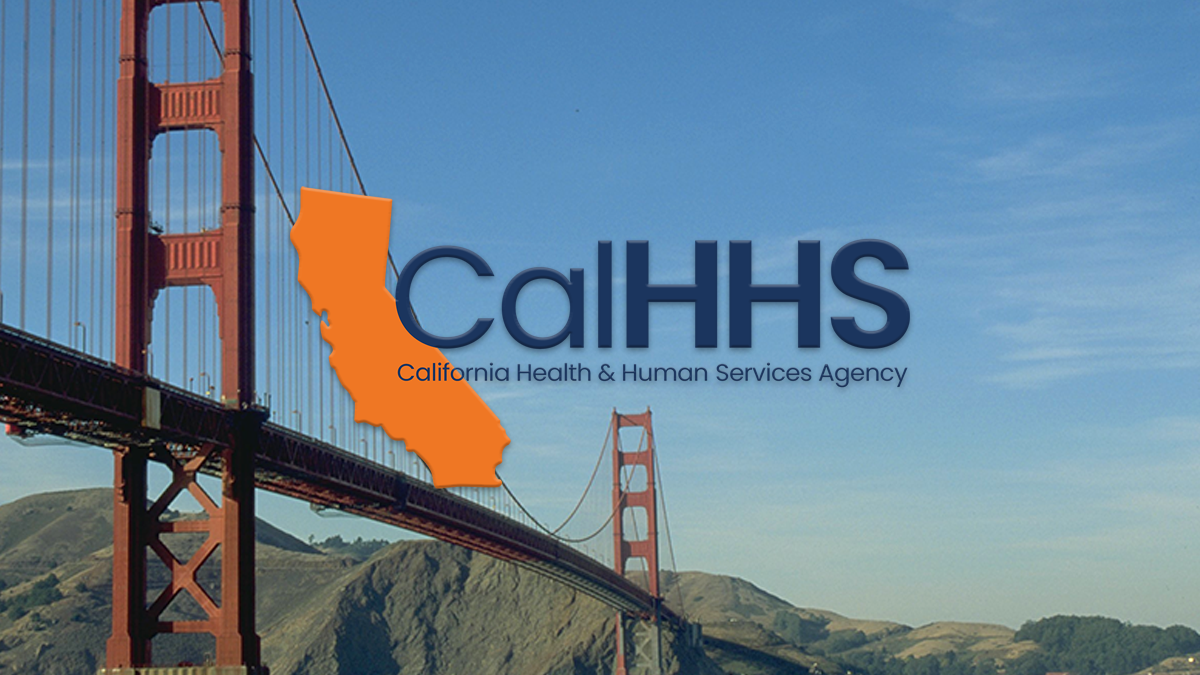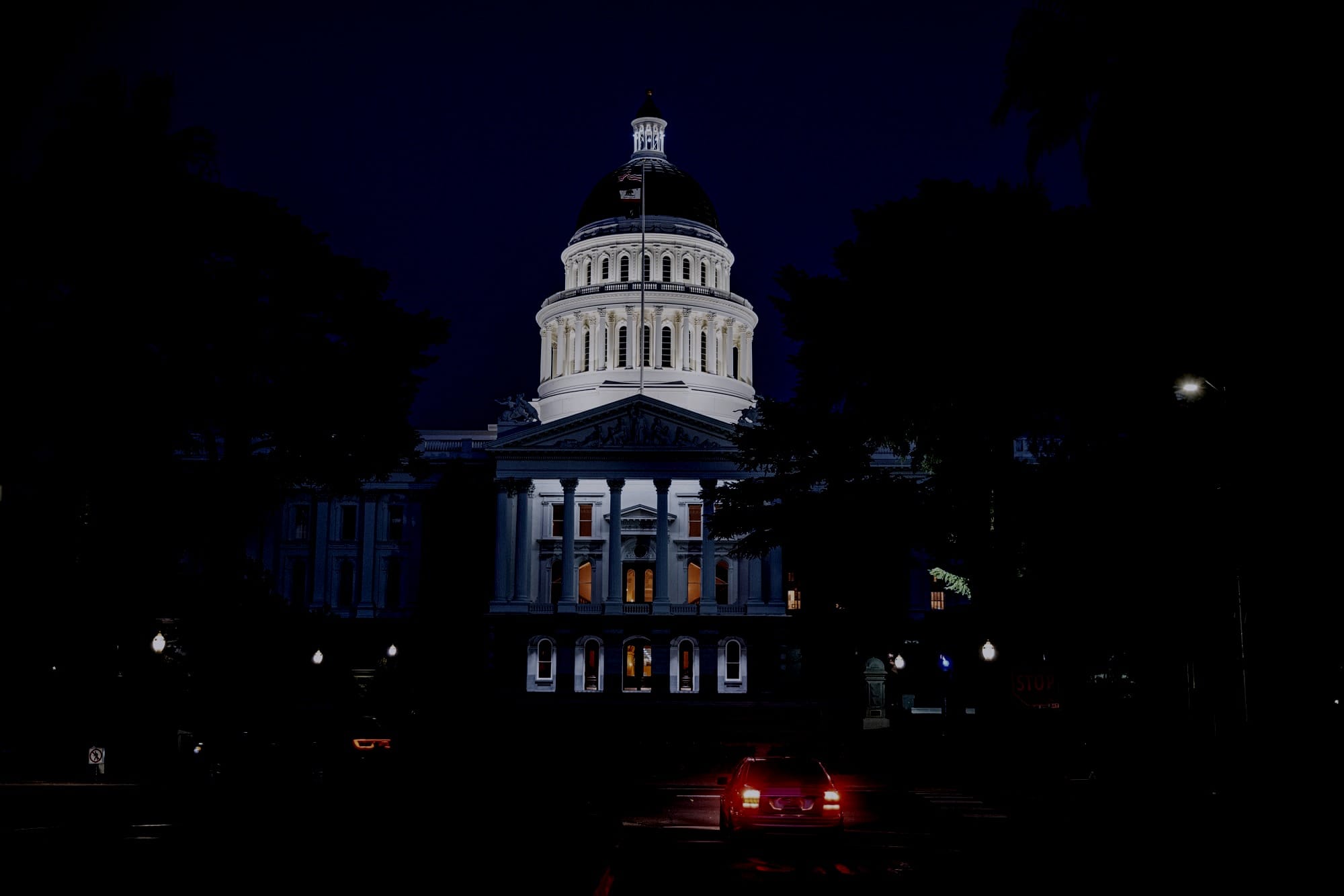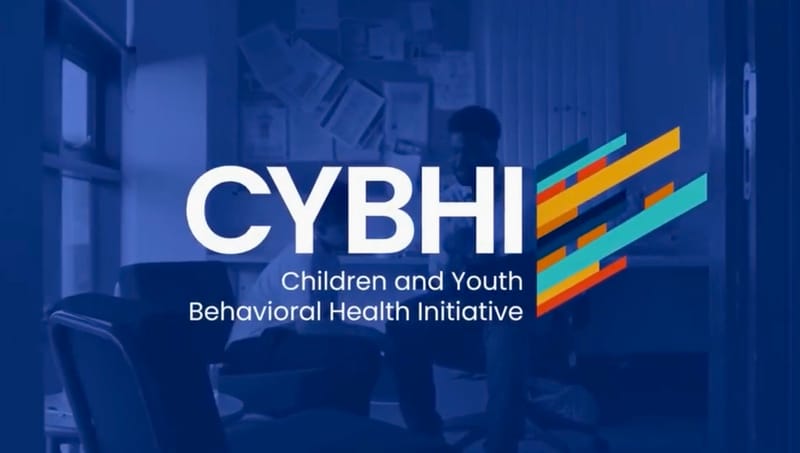$172M in women’s health funding survives Newsom’s proposed cut from final California budget deal
The final 2025–26 California state budget preserves $172 million in Proposition 56 funding for family planning and women’s health services, reversing a proposed cut in the Governor’s May revision.
The 2025–26 California state budget has been finalized, and $172 million in Proposition 56 funding for family planning and women’s health services remains fully funded—despite an earlier proposal by Governor Gavin Newsom to eliminate it.

Here's what's happened, what the final budget decision means for clinics and providers, and how the development fits into California's broader health care spending landscape in 2025–26.
Background: The $172 Million Proposal
In May 2025, Governor Newsom released a revised budget proposal to address a projected $12 billion shortfall. Among several proposed spending reductions was a plan to eliminate $172 million in supplemental payments made to family planning and women’s health providers through Proposition 56.
Proposition 56, passed by voters in 2016, increased tobacco taxes to fund a range of health-related programs, including:
- Provider payments for family planning services
- Access to contraception, prenatal counseling, STI testing, and cancer screenings
- Support for women’s health services that often qualify for enhanced federal matching funds
These payments are typically used to increase Medi-Cal reimbursement rates and sustain access to care in underserved communities.
Final Budget Outcome
In the final budget passed by the Legislature and signed into law, the proposed cut to Prop 56-funded women’s health services was not adopted. The $172 million allocation remains in place for the 2025–26 fiscal year.
| Program Area | May Proposal | Final Budget Decision |
|---|---|---|
| Family planning and women’s health (Prop 56) | Eliminate $172M | ✅ Funding preserved |
The preservation of this funding ensures that these services can continue to operate at current levels for at least the next fiscal year.
Related Budget Items
Two more DHCS programs funded by Proposition 56 were also included in the Governor’s original reduction package, but saw different outcomes:
| Program Area | May Proposal | Final Budget Decision |
|---|---|---|
| Dental provider payments (Prop 56) | Eliminate $362M | Delayed until July 2026 |
| Dental benefits for undocumented adults (Medi-Cal) | Eliminate | Delayed until July 2026 |
While these services remain funded for now, the current budget schedules reductions for the 2026–27 fiscal year unless future legislative action is taken.
Context: Why the Funding Was Targeted
The Governor’s May Revision cited rapidly rising Medi-Cal expenditures—which increased from $17.1 billion in 2014–15 to $37.6 billion in 2024–25—as a primary driver of the deficit. The administration identified supplemental payments and optional benefits as areas where spending could be reduced or deferred without eliminating core eligibility or services.
Looking Ahead
The 2025–26 budget preserves Proposition 56 funding for family planning and women’s health services in full. However, other program areas funded through Prop 56 remain subject to delayed reductions and future legislative review.
As California continues to manage structural budget pressures, the long-term status of supplemental health funding—including Proposition 56 allocations—will likely remain part of broader discussions about Medi-Cal sustainability.
Learn More About Proposition 56 with these Official Resources
Contacts:
Fiscal:
- Prop. 56 Budget and Expenditure 2023-24
- Prop. 56 Budget and Expenditure 2022-23
- Prop. 56 Budget and Expenditure 2021-22
Prop. 56 Budget and Expenditure 2020-21
Prop. 56 Budget and Expenditure 2019-20 - Prop. 56 Budget and Expenditure 2017-18 & 2018-19
Programs:
- Behavioral Health Integration (BHI)
- Behavioral Health in ER
- CalHealthCares Loan Repayment Program
- Community-Based Adult Services (CBAS)
- Value-based Payment
Provider Payments:
- Dental
- Managed Care Directed Payments
- Medi-Cal Family Planning
- Women's Health
- Freestanding Pediatric Subacute
- HIV/Aids Waiver Services
- Intermediate Care Facilities for Developmentally Disabled (ICF-DD)
- Non-Emergency Medical Transportation (NEMT)
- Physician
Rate Updates:
Screenings:








